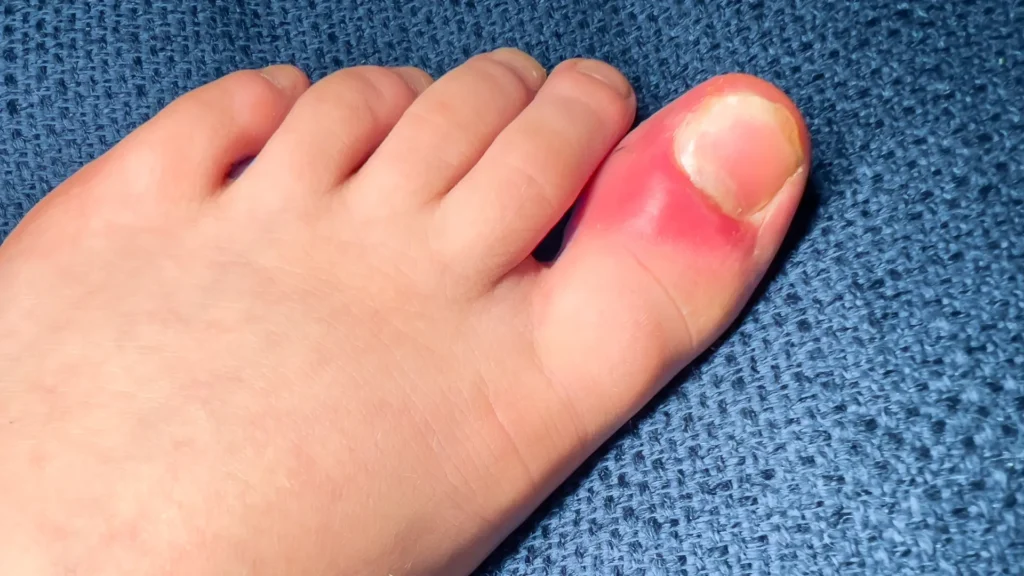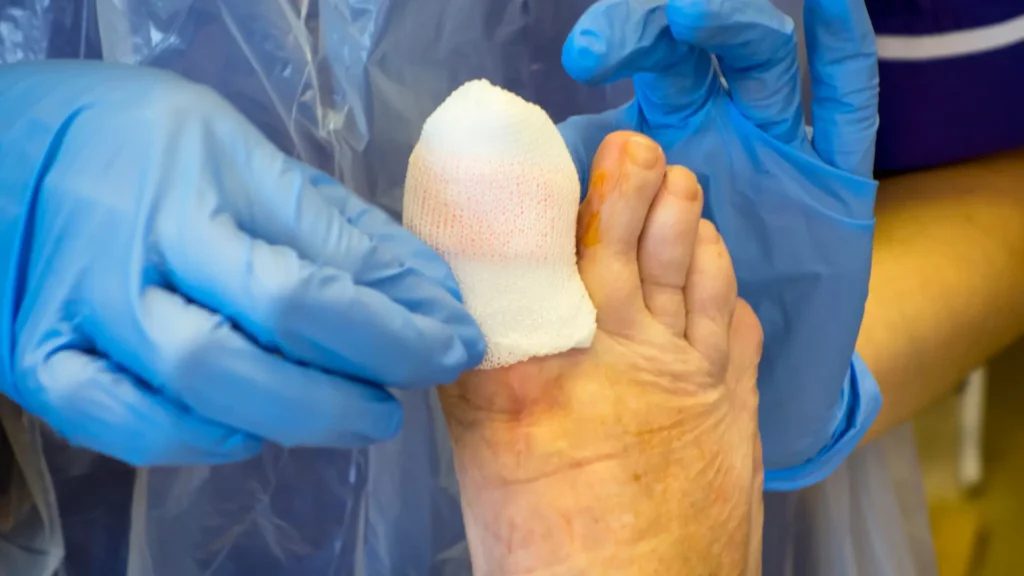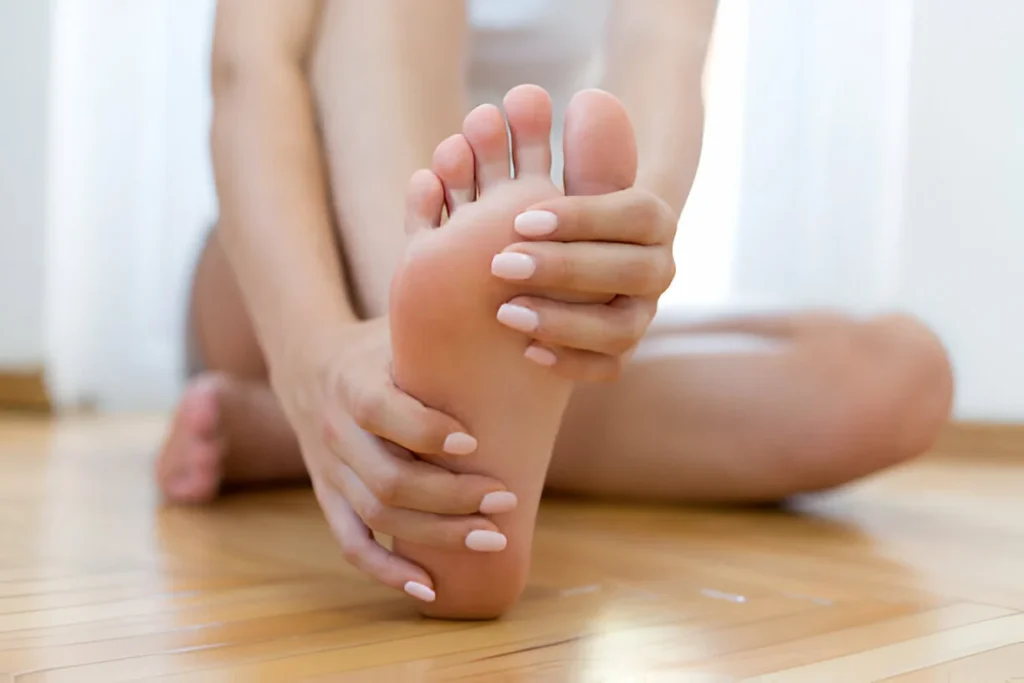Ingrown toenails occur when the corner or edge of a toenail starts to dig into the nearby skin. This condition can lead to pain, swelling, and sometimes infection if left untreated. A common question is whether an ingrown toenail will heal without intervention. The answer varies based on a few key factors.
How Long Does an Ingrown Toenail Take to Heal?
The time it takes for an ingrown toenail to heal can differ significantly depending on how severe it is and the type of care it receives. For minor cases with little pain and no infection, healing might be complete in about 2-8 weeks with appropriate home ingrown toenail treatment. In contrast, more severe cases, particularly those involving infection, might need several weeks to heal fully.

Severity of the Ingrown Toenail
- Mild: Minor discomfort and slight redness can typically be managed with simple home remedies such as soaking the foot in warm, soapy water, keeping the area dry, and wearing comfortable shoes.
- Moderate to Severe: Increased pain, noticeable redness, swelling, and potential pus formation are signs of infection. These situations typically need professional medical attention.
Contact our foot and ankle specialist in Omaha for expert treatment today. Your feet deserve the best care possible!
Home Care
- Effective care can greatly impact healing. This involves soaking the affected foot, maintaining cleanliness, and avoiding tight shoes that could worsen the condition.
- Using over-the-counter pain relievers and topical antibiotics can assist in managing pain and preventing infection.
Medical Intervention
- If home treatments are ineffective or the condition deteriorates, consulting a healthcare provider is essential. They might lift the nail, trim the ingrown section, or, in severe cases, perform a minor surgical procedure to remove part of the nail.
- If an infection is present, prescribed antibiotics might be needed.
Underlying Health Conditions
- Conditions like diabetes can hinder healing due to poor circulation and an increased risk of infection. Those with weakened immune systems also need to be extra cautious.
- Regular monitoring and timely ingrown toenail treatment is crucial for individuals with these conditions.

Preventive Measures
- Proper nail trimming techniques (such as cutting straight across and avoiding excessive shortening), wearing properly fitting footwear, and upholding good foot hygiene can help avoid ingrown toenails.
- Taking action at the first signs of an ingrown toenail can prevent it from worsening.
Contact our foot and ankle specialist in Omaha for expert treatment today. Your feet deserve the best care possible!
Will it Heal on Its Own?
In conclusion, whether an ingrown toenail will heal on its own largely depends on its severity and how it is managed. Mild cases often resolve with diligent home care, while more severe or infected ingrown toenails require medical treatment. Understanding the factors that influence healing can help in managing the condition effectively and preventing future occurrences.
Regular foot care and prompt attention to any toenail issues are key to ensuring a swift recovery and maintaining overall foot health. If you are unsure or your symptoms worsen, seeking advice from a healthcare professional is always the best course of action.






